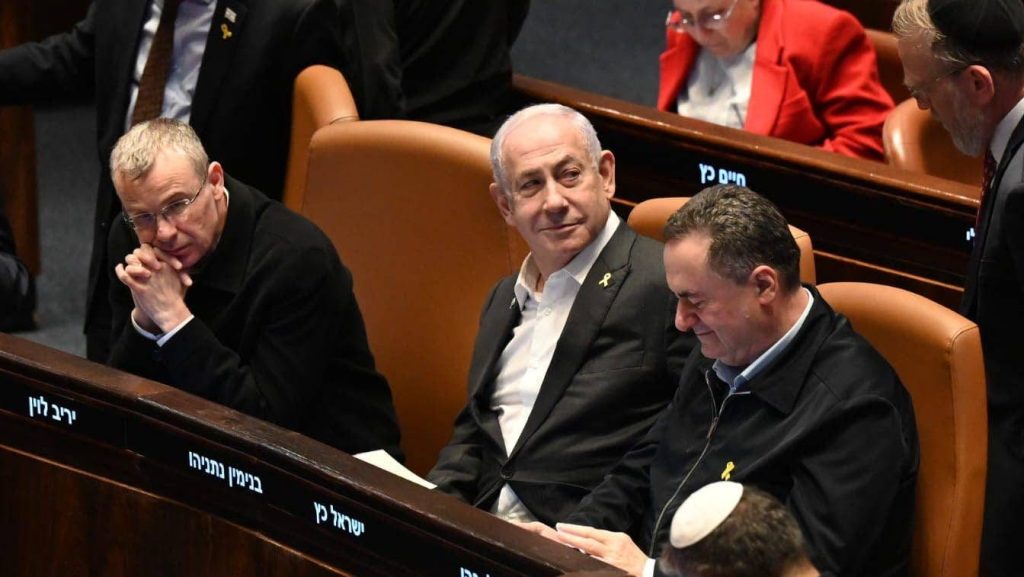The International Criminal Court (ICC) issued an arrest warrant for Israeli Prime Minister Benjamin Netanyahu and others, alleging crimes against humanity related to the Gaza war. This warrant placed Poland, an ICC member state, in a complex situation as it prepared to commemorate the 80th anniversary of the liberation of Auschwitz-Birkenau. The ICC requires member states to detain individuals subject to an arrest warrant if they enter their territory. However, the court lacks an independent enforcement mechanism, relying on the cooperation of member states. This situation sparked concerns and speculation about Netanyahu’s potential attendance at the Auschwitz commemorations and Poland’s obligations under the ICC warrant.
The Polish government, mindful of the delicate political and historical context, took decisive action to address the potential conflict. Recognizing the significance of the Auschwitz anniversary and the symbolic importance of Israeli participation, the Polish government passed a resolution affirming its commitment to ensuring the safe and unhindered participation of Israeli representatives, including Prime Minister Netanyahu, in the commemorative events. This resolution effectively prioritized the historical remembrance of Holocaust victims and the Polish-Israeli relationship over the ICC warrant.
The resolution underscored the Polish government’s view that the presence of Israeli leaders at the commemorations was a vital aspect of honoring the memory of the millions of Jewish victims of the Holocaust. The resolution represented a strong statement of support for Israel and a commitment to facilitating Netanyahu’s participation without the threat of arrest. This stance contrasted with the obligations Poland theoretically held under the ICC’s Rome Statute, highlighting the inherent tension between international legal obligations and national political considerations.
This situation was further complicated by the fact that Israel is not a member of the ICC and disputes its jurisdiction. While the ICC has over 120 member states, some, including France, had already indicated they would not arrest Netanyahu. Hungary’s Prime Minister even extended an invitation to Netanyahu, directly defying the ICC warrant. This lack of consistent enforcement further underscored the complexities of the ICC’s mandate and the varying degrees of commitment among member states.
Adding to the uncertainty was the question of Netanyahu’s actual intention to attend the commemoration. The Polish Foreign Ministry stated it had received no official confirmation of his planned attendance, injecting ambiguity into the situation. Despite this, the ministry emphasized Poland’s commitment to providing security for any visiting leader and dismissed speculation about a potential arrest as “fake news.” This statement sought to reassure all parties while reiterating Poland’s commitment to both the commemoration and the safety of its attendees.
The Auschwitz commemorations, scheduled to be attended by international officials and Holocaust survivors, served as a poignant reminder of the atrocities committed during World War II. Auschwitz-Birkenau, the site of the extermination of over 1.1 million people, predominantly Jews, stands as a stark symbol of the Holocaust’s horrors. The Polish government’s resolution ultimately ensured that the focus of the commemorations remained on honoring the victims and remembering the historical significance of the liberation, rather than being overshadowed by the complexities of the ICC warrant against the Israeli Prime Minister. The situation highlighted the ongoing tension between international justice mechanisms and national sovereignty, particularly when sensitive historical and political contexts are involved.










